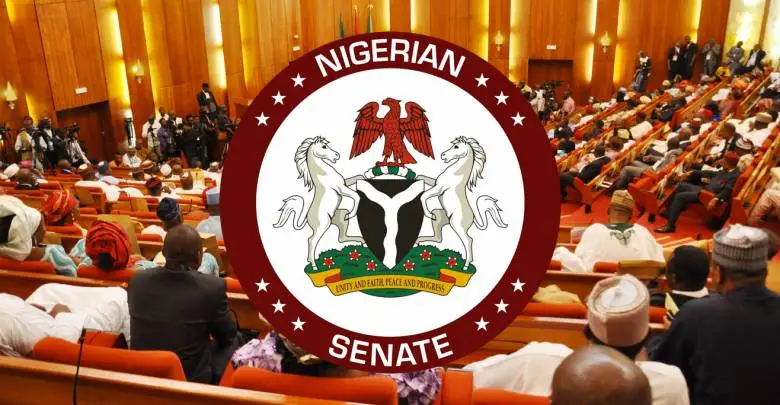
The Executive Vice-Chairman of the Nigerian Communications Commission (NCC), Prof. Umar Danbatta, says the commission aims to implement policies promoting the adoption of clean and sustainable energy sources in the telecom sector. The initiative aims to reduce the industry’s carbon footprint and was discussed during a roundtable event with academia, industry representatives, and other stakeholders in Lagos, centered around the theme “Refocusing Academic Research towards Alternative Clean Energy: Panacea to Paucity of Energy in the Telecoms Sector.”
Mr. Ubale Maska, the Executive Commissioner of Technical Services at the NCC, representing Prof. Umar Danbatta, stated that the new policy aims to provide a framework for telecom service providers to contribute to a greener future. The policy is expected to not only benefit the environment but also foster innovation and create new business opportunities within the industry.
To achieve their objectives, collaboration and partnership with academia and other stakeholders will be essential. According to Danbatta, the academia’s role is vital in driving research and innovation that can transform industries. Their expertise and insights will guide the development of feasible clean energy sources that the telecom industry can utilize for sustainability.
The Commission’s main focus is to direct academic research towards viable alternatives like solar, wind, and biomass, which can efficiently power communication infrastructure in an environmentally sustainable manner. The NCC seeks academia’s research to explore the potential of alternative energy sources, address challenges, and devise implementation strategies for the telecom sector.
Additionally, they aim to promote research that utilizes digital technology to improve the lives of Nigerians. The telecom industry’s pivotal role in digital transformation highlights the need to harness its potential to benefit citizens. Like other industries, the telecom sector plays a vital role in transitioning to a sustainable energy future. He emphasized the NCC’s commitment to ensuring environmentally friendly growth in the telecom sector, aligning with the Sustainable Development Goals (SDGs).
The commission recognizes the significance of clean energy usage and intends to promote regulatory initiatives that encourage adopting renewable and ethical energy sources. Studies have indicated that renewables, energy efficiency, and electrification can potentially lead to a substantial reduction in energy-related carbon emissions, making them essential for the industry’s sustainable development.
Danbatta sees a great opportunity for the telecom sector to contribute to global energy transformation. He encourages using collective intelligence to develop strategies that will shape Nigeria’s telecom industry. By focusing on alternative clean energy sources and utilizing digital technology, he believes the sector can undergo a revolutionary transformation.
Maska, the Executive Commissioner of Technical Services at NCC, emphasized the importance of exploring innovative solutions to reduce Nigeria’s carbon footprint due to global energy challenges and the need for sustainability. As an essential pillar of modern society, the telecoms sector must lead in adopting cleaner, greener energy sources to address energy scarcity and contribute to a sustainable future.



